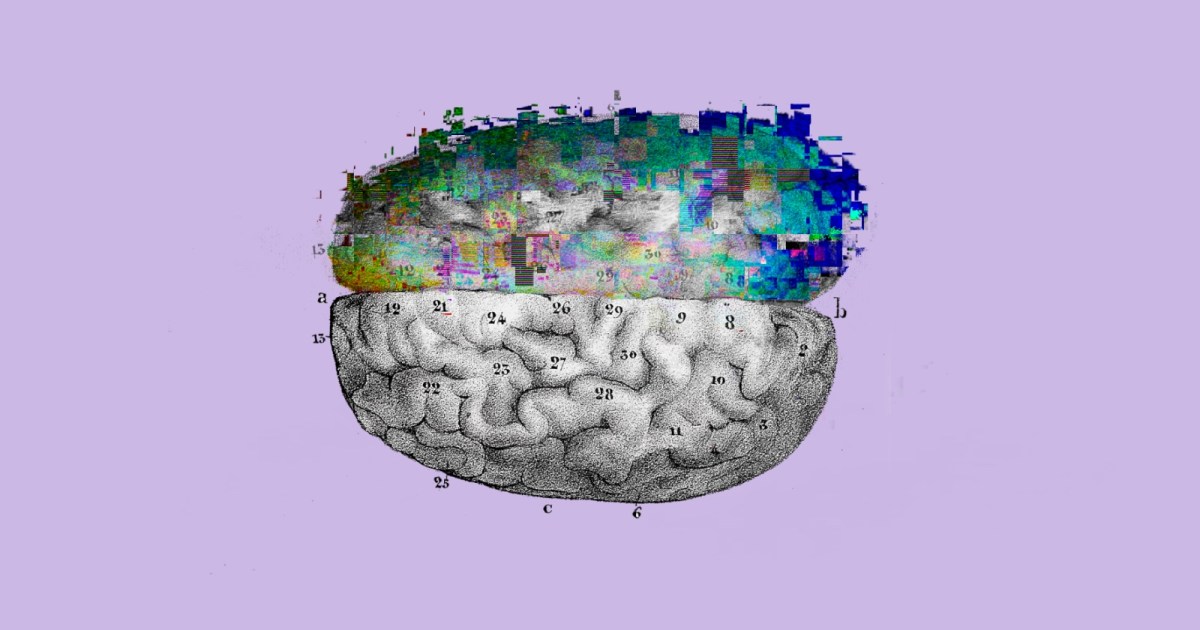You can live just fine with half a brain
Senator-elect John Fetterman (D-PA) suffered a stroke in May this year, but he eased back onto the campaign trail within just a couple of months. Fetterman’s recovery showed in real-time how the brain can reorganize itself to work around insult and injury.
As recently as the 1990s, it was widely believed that the adult brain is fixed and cannot repair itself. In fact, it is highly dynamic, and it alters its structure and function in response to just about everything it experiences. The mechanisms responsible for these changes are collectively referred to as neuroplasticity.
While the brain does continue to change throughout life, its capacity for change is greatest during childhood and decreases with age. For example, Helen Santoro was born without a left temporal lobe, a brain structure that is crucial for language, but she has a passion for language and works as an investigative journalist. If an adult were to have their left temporal lobe removed, they would almost certainly lose their language abilities for good. As we see in stroke patients, even minor damage to the structure can significantly impact speech. It can take years for a patient to recover from more severe damage.
Continued here